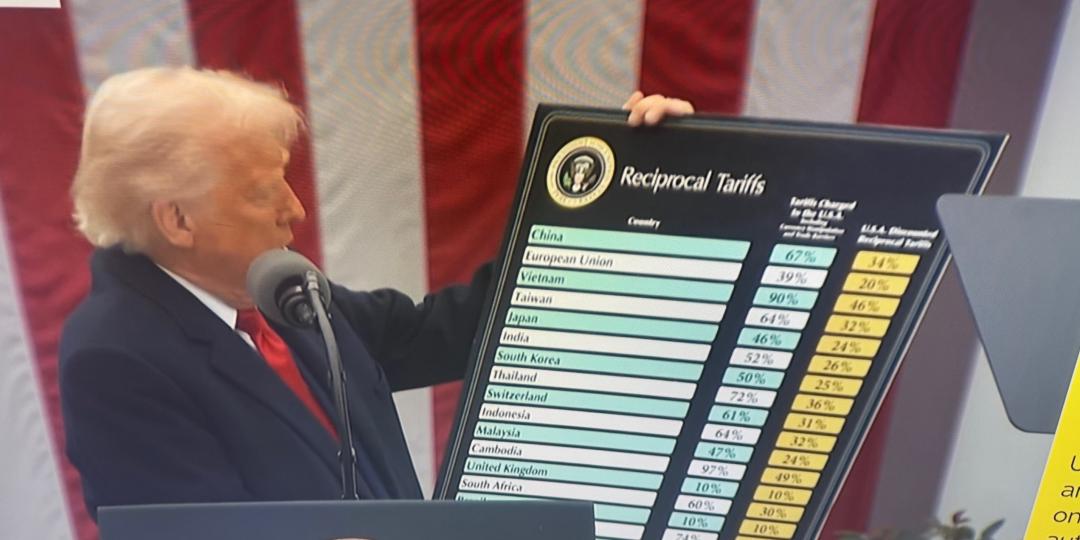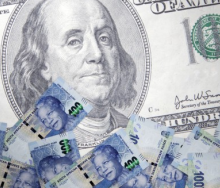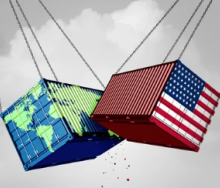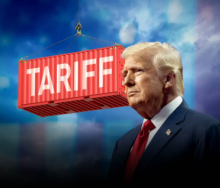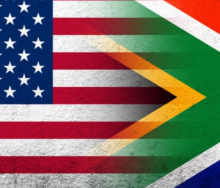US President Donald Trump made a sweeping announcement that could have significant repercussions for global trade.
Under a newly introduced trade policy, South Africa will be subject to a 30% tariff on exports to the United States, effective 9 April.
This move is part of Trump’s broader strategy to impose reciprocal tariffs on countries with which the US faces large trade deficits or allegations of unfair trade practices.
Trump’s announcement followed his assertion that South Africa's tariffs on US goods were excessively high, and he emphasised that South African practices related to trade and minority groups were a point of concern.
His remarks were echoed by his administration, which noted that South Africa’s tariffs on US products often exceeded 60%.
In response to the US's new tariffs, South Africa has been given until 6 April to negotiate terms, but failure to reach an agreement by this date will see the tariffs come into force on 9 April.
Experts have warned that these new tariffs could have inflationary effects and push up consumer prices in the US, while South African businesses are set to bear the brunt of the economic shift, potentially undermining trade relations between the two nations.
The 30% tariff imposed on South African goods by the US could have significant consequences for the South African economy.
Key sectors, including automotive and agriculture, are especially vulnerable, with reduced export volumes and increased costs potentially leading to financial strain.
The broader impact could result in a decrease in GDP growth, as the US is a major trading partner.
The South African rand is already showing signs of volatility, and inflationary pressures could rise as a result of higher import costs.
In response, South Africa may need to diversify its export markets, enhance competitiveness, and engage diplomatically with the US to mitigate the economic fall-out.
South Africa is not alone in facing these tariffs.
The US has targeted approximately 60 countries, with tariffs varying based on trade imbalances and perceived unfair practices.
Countries such as China, the European Union, and Japan will also be significantly impacted, with tariffs ranging from 20% to 34%.
Smaller nations, including Vietnam, are facing even steeper tariffs, further escalating tensions in global trade.
As these countries prepare for the new tariffs, the global economy faces heightened uncertainty, with potential disruptions to international supply chains and rising inflation worldwide.
